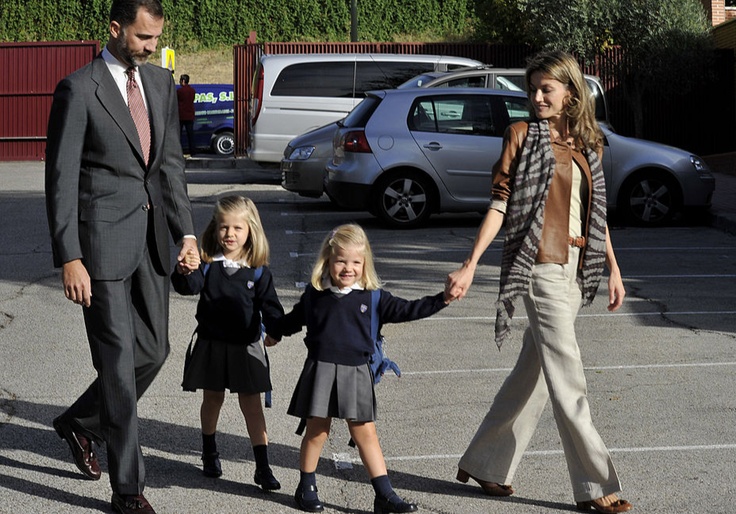A North Carolina charter school with a female principal and vice principal is violating the Constitution because it requires girls to wear skirts, a federal appeals court has declared.
The full Fourth U.S. Circuit Court of Appeals, the same court that mandated the removal of war memorial crosses in five states, said Tuesday that the Charter Day School's skirt requirement for girls is rooted in unconstitutional gender stereotypes. It is the first time a federal appeals court has said charter schools may be sued for civil rights claims, and will almost assuredly be followed by lawsuits involving sports, bathroom access, and transgender rights.
"The skirts requirement blatantly perpetuates harmful gender stereotypes as part of the public education provided to North Carolina's young residents," the majority opinion said.
The decision is a watershed. Beyond its holding about charter schools, the ruling marks one of the first times an appeals court has applied civil rights laws to dress codes. In dissent, Judge J. Harvie Wilkinson accused the majority of outright hostility to the Charter Day School, writing it shows "pitifully little respect for the value that charter schools might contribute to education. For the majority, this case is all about stomping out any variance at odds with modern sensibilities."
The Charter Day School in Leland, N.C., serves about 900 K-8 students. The curriculum is classical, Great Books-style, and espouses "the values of traditional Western civilization," according to its website. Students adhere to a dress code, use polite forms of address such as "ma'am" and "sir," and are expected to practice good manners.
"There was felt to be a need to restore, and then preserve, traditional regard for peers," a school official wrote in an email to an inquiring parent, Bonnie Peltier, who later sued the school for discrimination.
A group of students and parents sued the school after the same official referred to women as "fragile vessels" in his email to Peltier. They said the skirt requirement is a sex-based classification that violates the Constitution and Title IX, which concerns civil rights in education.
Tuesday's decision, from a seldom-used "super panel" of all 16 Fourth Circuit judges, sided with the plaintiffs and required the school to rescind its dress code or become a private institution. Judge Barbara Keenan, an Obama appointee, delivered the 44-page opinion for a majority of 10.
In a rare move, Keenan also wrote a separate concurrence to her own majority opinion to skewer the school for its "antediluvian" views. She went on to cite "expert" testimony to the effect that pants are "a ubiquitous, uncontroversial, and standard part of women's professional wardrobes today." And she warned that boys who are raised with values like those of Charter Day School are more likely to become predators.
In dissent, Wilkinson wrote that Charter Day School's "chivalric approach" to schooling is not illegal under any reasonable interpretation of federal law. In the majority opinion, Keenan retorted that the medieval "Age of Chivalry" was one of violence and marital rape.
"Chivalry may not have been a bed of roses for those forced to lie in it," Keenan wrote. The Charter Day School's headmaster and assistant headmaster are women, and half of its trustees are female.
The most significant holding is the decision's conclusion that charter schools are "state actors" subject to the Constitution. The Constitution only binds the government. The Supreme Court has said private entities can be sued for constitutional violations, however, if the private entity is doing the government's bidding. The idea is to prevent the government from using nonprofit or private sector proxies to violate the Constitution.
The standard is high, however. A state actor is an entity performing some function that the government traditionally and exclusively exercises.
North Carolina charters count as state actors because they take taxpayer dollars, are designated as public schools, and exercise the state function of education, the majority opinion said.
At least three federal appeals courts have rejected claims that charter or specialty schools are state actors. That split is likely to attract the attention of the Supreme Court. In recent years the Supreme Court has defined state actors narrowly, emphasizing that "very few" actions elevate a private entity to a state actor in a 2019 case involving public access television.
Charter Day School has not said whether it will appeal Tuesday’s decision to the Supreme Court. The case is Peltier v. Charter Day School.
